A remote and uninhabited Scottish island is looking for a resident caretaker.
Isle Martin, near Ullapool, has no full-time residents but needs someone to keep the island in shape for visitors this summer.
If months of lockdown didn’t faze you, living without a soul for miles around might be the job for you.
The island’s community trust is inviting solo applicants and couples to register their interest.
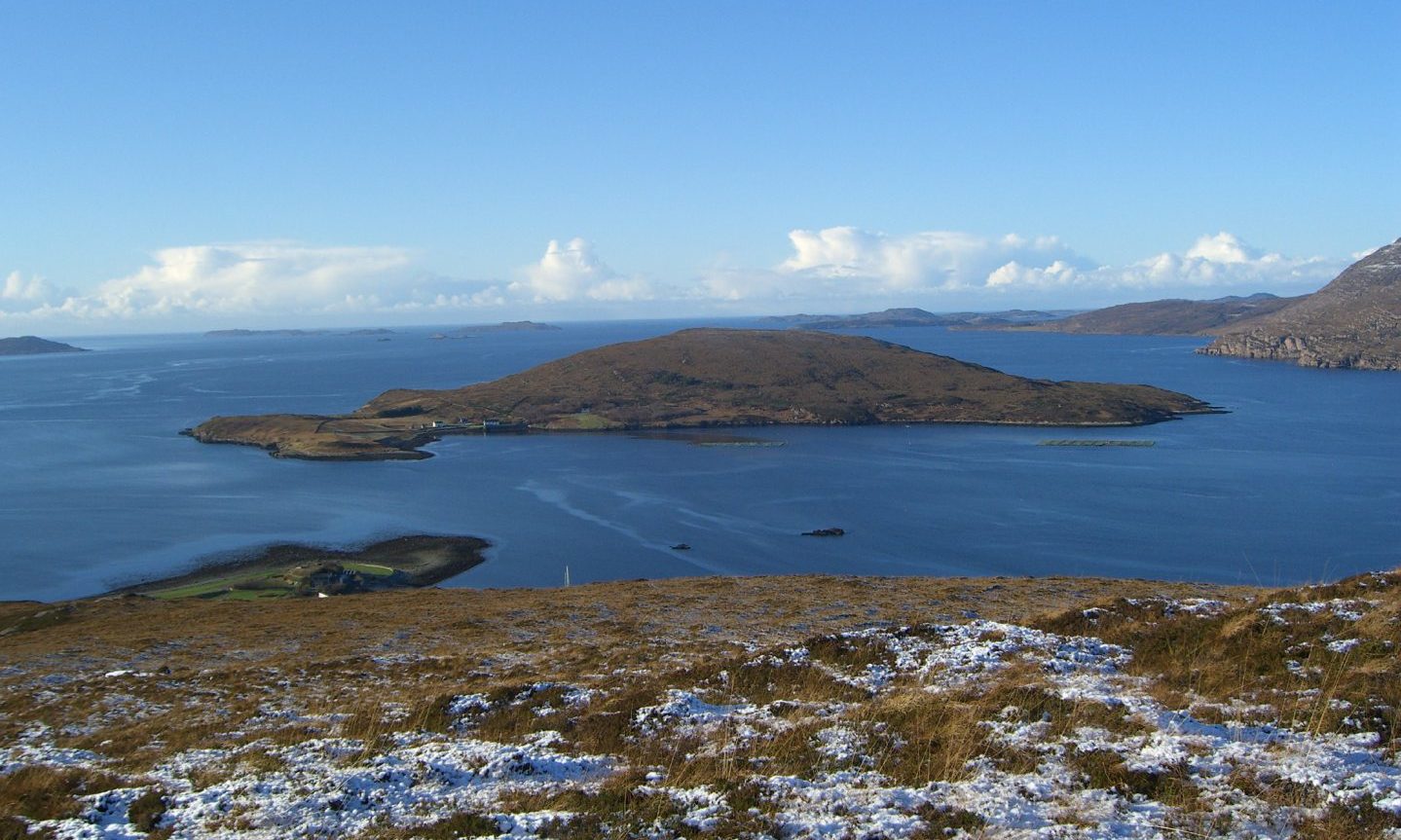
Isle Martin has just enough to keep visitors busy for a few hours. Two beaches, a micro museum (in a hut) and a hill which affords fantastic birdwatching.
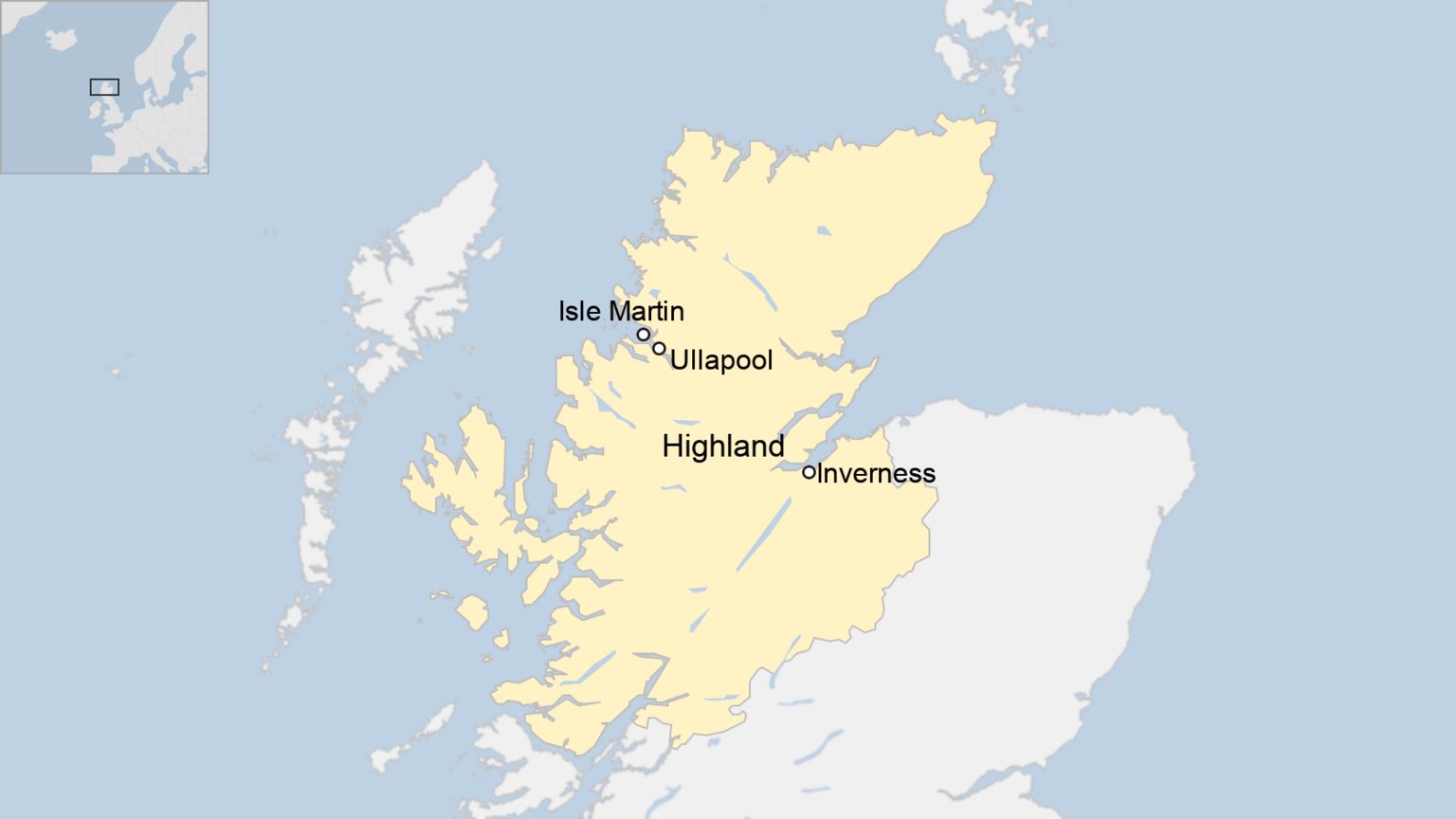
The island hosts Scotland’s first seaweed festival (6-12 September) and, if you are lucky, one of the volunteers may be running a pop-up cafe when you visit.
The island was gifted to the community by the RSPB and Isle Martin Trust became a charity in 1999.
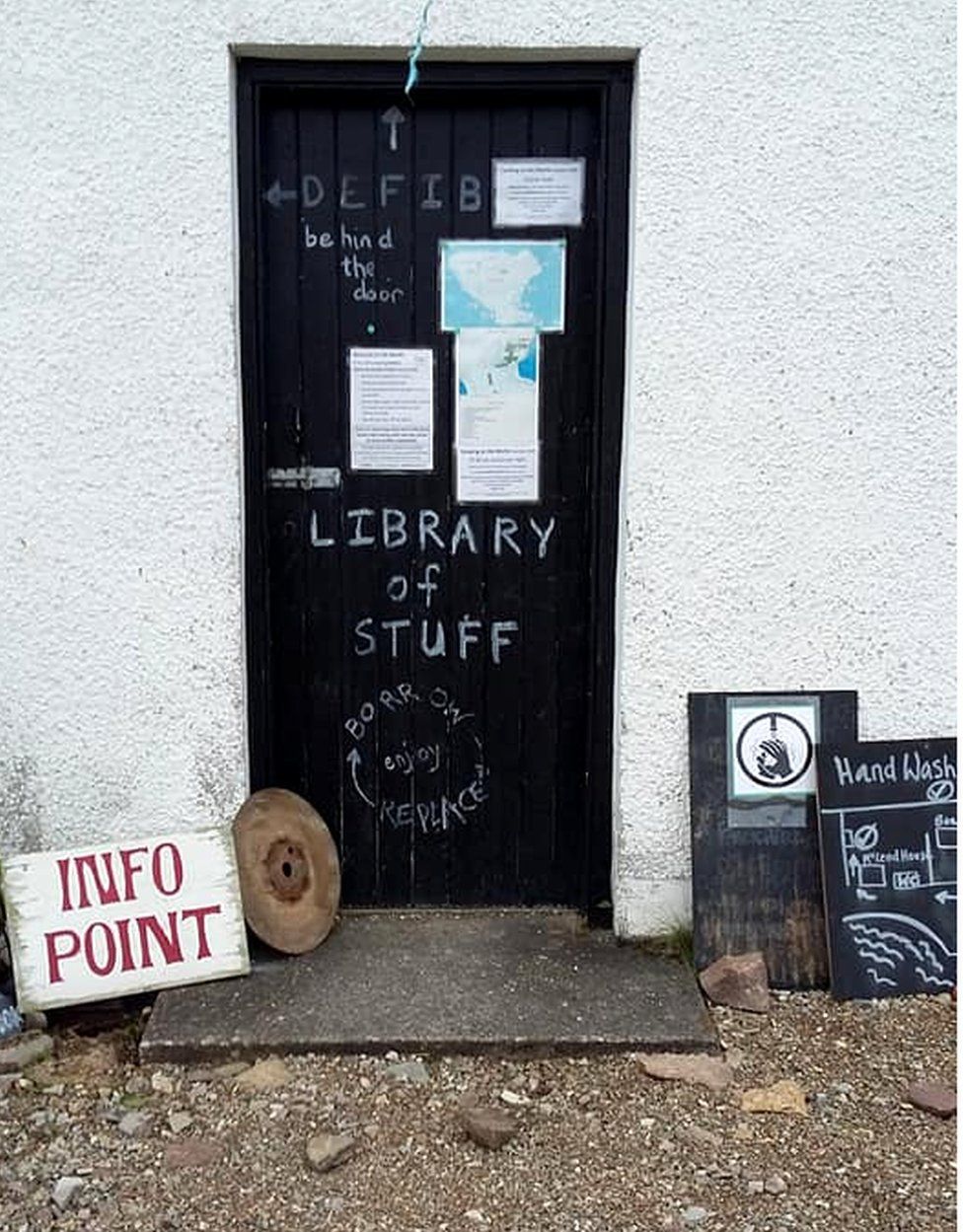
The volunteer caretaker will be the first full-time resident to live on the island in 30 years and the move signals the start of plans for the trust to generate interest in the island.
The island also aims to be plastic-free and sustainable.
Trust director Becky Thomson said: “It is a bit of housekeeping. They need to keep the three houses on the island prepared for guests, clean the public toilets, welcome the visitors and make sure they are sticking to Covid safety measures.”
The work will amount to about three hours per day. In return, the caretaker gets to live on a little piece of island heaven in provided accommodation, earn £150 expenses per week and enjoy all the island has to offer.

Isle Martin – five minutes from civilisation, but a world away
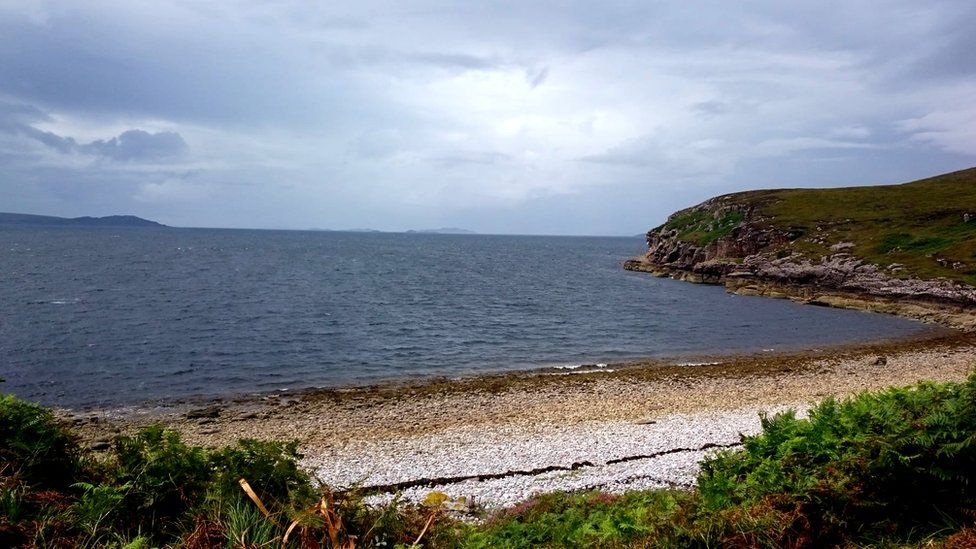
Isle Martin is located at the mouth of Loch Broom, about three miles north-west of Ullapool in Wester Ross. The nearest mainland is less than a mile away at Ardmair.
At just 400 acres in size, it lies below the towering cliffs of Beinn Mhor Coigach and opposite the ancient Viking Fort of Dun Canna.
Beyond the island are the Summer Isles – a group of islands which lie off Achiltibuie on the beautiful Coigach Peninsula.
It is only five minutes by boat from the mainland.
Over the years it has held a monastery, a herring curing station and a flour mill. It is now recognised as a bird sanctuary.

The trust does warn that it is a post for someone who likes the outdoors and is not reliant on creature comforts.
There is no running hot water and only a small solar electrical charger that may power a phone or a laptop or even some lights.
The candidate will have to be resourceful and resilient and probably very practical. And they will have to be able to drive a power boat – their only way on and off the island.
In particular, the trust would welcome volunteers who bring specific skills they may wish to share for the benefit of the community during their time on the island.
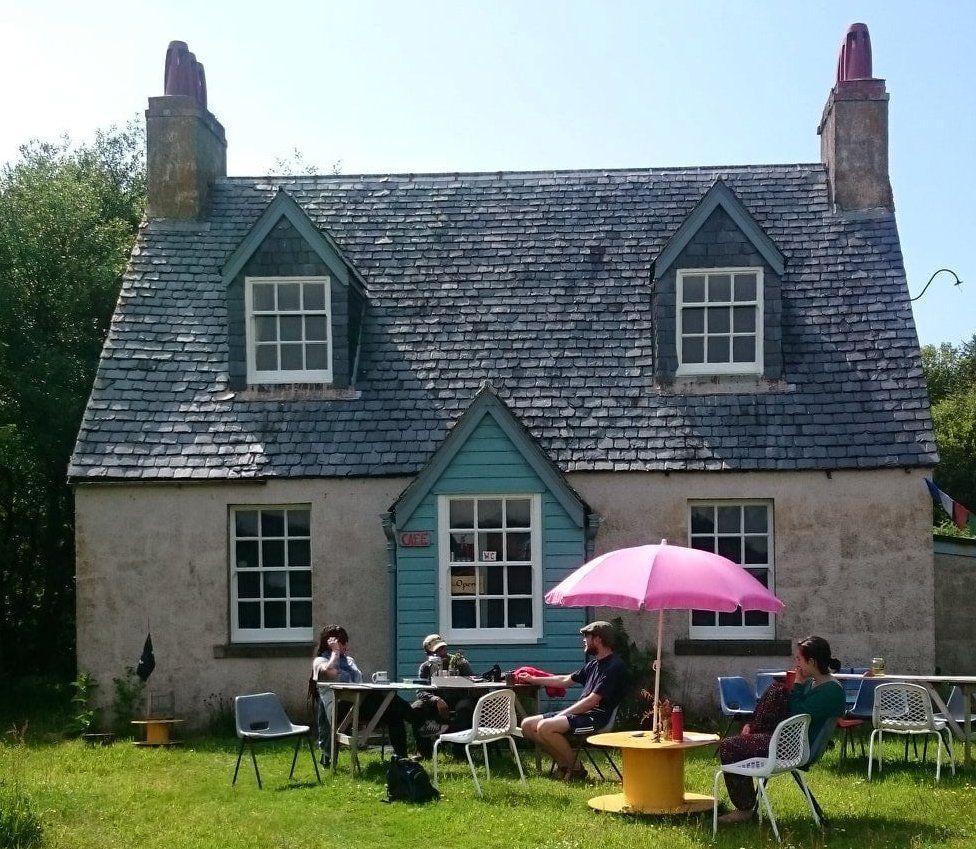
Becky Thomson said: “If someone enjoyed the land, they could revive our vegetable garden if they wanted.”
She also explained why she thinks people fall in love with the place.
“The sense of escape and peace and quiet,” she said. “It is so near the mainland but as soon as you land on the island it’s lovely and peaceful. There are no cars, no roads. Just quiet. That’s what people like – the feeling of restfulness.”
The trust has extended the application deadline until 22:00 on 1 June and more details on how to apply are at the island trust’s Facebook page.